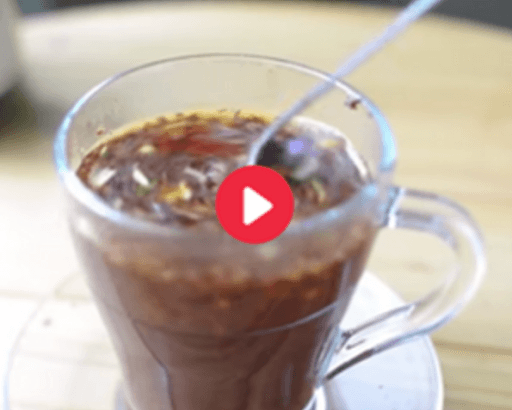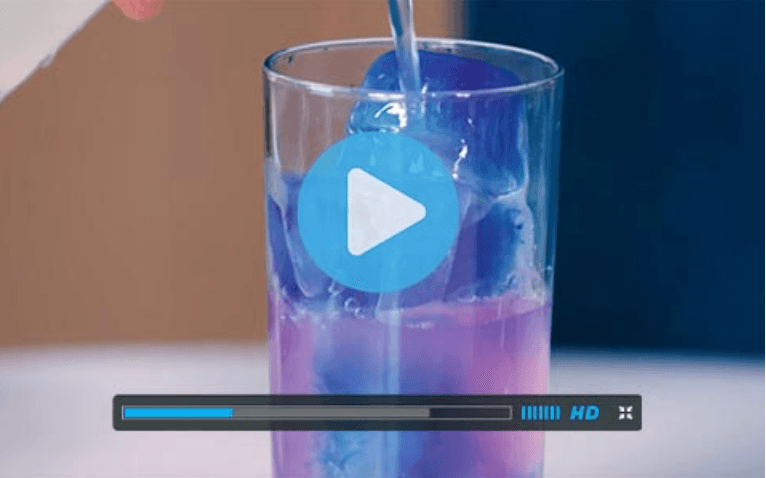What Happens If You Don't Eat For 100 Hours?
Fasting for 100 hours might sound overwhelming, especially to those uneasy about skipping meals. However, this practice offers incredible advantages that extend beyond weight loss, fostering various health improvements.
The most notable benefits of an extended fast include improved mental clarity, reduced inflammation, increased insulin sensitivity, reverse diabetes, detoxification of the body, enhanced immunity, and longevity.
These benefits are rooted in several key biological processes triggered by fasting. By not consuming food, the body must utilize stored energy, mainly shifting from glycogen to fat. This metabolic shift is crucial for reducing body fat over a prolonged fast.
Not consuming carbohydrates reduces blood sugar levels, signaling the body to start burning more fat for energy. Ideally, after about 48 hours of fasting, the body predominantly transforms fat into energy rather than relying on glycogen from carbohydrates.
When the going gets tough, the body gets better.
This shift allows the body to rely solely on stored fats, effectively changing its primary fuel source, which can significantly promote weight loss.
Autophagy is the body’s process of cleaning out damaged cells and regenerating newer, healthier cells. This mechanism becomes highly active during a fast as the body recycles and eliminates potentially harmful components to preserve resources.
Extended fasting is not without challenges. Fear of muscle loss, nutrient deficiencies, or potential social life disruptions are valid but manageable with informed decisions.
Supplementing electrolytes during fasting is crucial. Sodium, potassium, magnesium, and calcium, alongside trace minerals, ensure ample bodily function without side effects.
Planning your fast timings can help minimize social impacts. Implementing knowledge about alternating energy sources reduces concerns about hypoglycemia or depleting energy supplies.
Incorporating fasting could introduce you to potentially life-altering health benefits. When conducted wisely and with thorough understanding, even the hurdles such as hunger or nutrient management can be easily managed, paving the way for improved overall health and resilience.
From Around The Web
Wellness Inbox is a blog & weekly newsletter that curates trending news and products related to health and wellness from around the web. We also gather content from various sources, including leading health professionals, and deliver it directly to you.
Please note that we may receive compensation if you purchase any products featured in our newsletter. Wellness Inbox is not affiliated with, nor does it endorse, any health professionals whose content may appear in our newsletter. The information provided is for general informational purposes only and should not be considered medical advice.
The information provided is not intended to replace professional medical advice, diagnosis, or treatment. All content, including text, graphics, images, and information available is for general informational purposes only. We do not guarantee the accuracy or completeness of any information presented and assume no liability for any errors or omissions. The content is subject to change without notice. We encourage you to verify any information with other reliable sources and consult your physician regarding any medical conditions or treatments.







